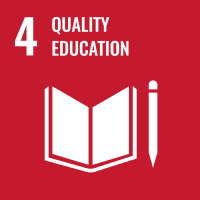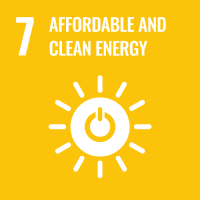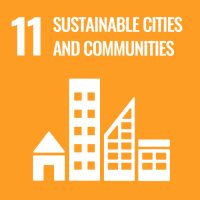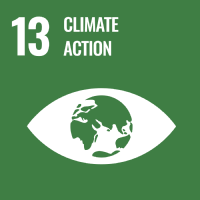education website
- Switch to...
- Main Website
Increase Biodiversity
Nature-loving ideas to help you bring back the bees, and much much more, to your school environment.


The UK only has 50.3% of its biodiversity remaining. Maintaining biodiversity is essential for healthy ecosystems, as it supports food chains, pollination, clean air and water and climate stability. A diverse natural environment also enhances resilience to environmental changes and provides valuable resources like food and medicine.
Teaching students about biodiversity helps them understand its role in sustaining life on Earth and encourages future conservation efforts.
Installing a solar panel system on your school roof has minimal impact on the biodiversity of your school’s grounds. Schools that choose to have ground-mounted systems require a Biodiversity Net Gain report. This is a government report that ensures biodiversity is maintained and can actually increase a school’s biodiversity.
Ideas
Rewilding and green spaces
Create wild areas by planting trees, hedgerows, and living walls. No-mow zones and real grass instead of 3G pitches support wildlife and improve air quality.
Herb and vegetable gardens
Grow herbs and vegetables to encourage outdoor learning, provide fresh produce and teach students about sustainability.
Outdoor classrooms and willow mazes
Take learning outside with natural spaces like willow mazes and outdoor classrooms, making lessons engaging while supporting local ecosystems.
Water conservation
Install water butts, fix leaks, and use "Taps Off" reminders to reduce waste. Educate students on water-saving habits and support WaterAid initiatives.
Waste reduction and recycling
Encourage litter-picking, awareness campaigns, and school-wide recycling. Participating in clean-ups like the Great Big School Clean fosters responsibility.
Supporting wildlife
Build bug hotels, hedgehog hideaways and bee-friendly gardens. Install bird feeders and ponds to attract diverse species and boost biodiversity. Kew Gardens Young Environmental Leaders award for 14 years plus.
Darwin200 online classroom
Darwin200 beam out weekly classroom episodes intended to inspire children’s curiosity and passion for learning. The World’s Most Exciting Classroom is completely free to join!
National Education Nature Park
Encourages schools to reconnect with their school grounds and get to know their outdoor space. Supports creative decision-making to improve your grounds for both people and nature.
Marine projects
Create sculptures from recycled materials and engage in beach, canal, or river clean-ups to highlight environmental issues through creativity.
Case Studies
Churchfields Junior School is transforming learning through nature. With bird stickers on their classroom windows, students effortlessly identify British birds, making biodiversity a daily experience. This simple yet powerful approach inspires a curiosity for nature, environmental awareness and a love of learning.


Our university intern, Ally Ashworth, represented the UK as a ‘Darwin Leader’ as part of the Darwin200 project. The Darwin200 project is a planetary conservation initiative which aims to change the world for the better. They are sailing a historic tallship around the world following Charles Darwin’s voyage aboard HIMS Beagle two centuries ago. As part of this project, Ally created Cape Verde’s first green turtle database with Biosfera and produced her very own three-part documentary, available on YouTube here - check it out!
Marie Lane is the talented crocheter behind our adorable Solar for Schools bumblebees! These hand-crafted bees have become a favourite among students and teachers alike, proudly serving as our education mascot and as a special prize during our education workshops.
We chose the bee as our mascot because it symbolises efficiency, teamwork and wisdom. Bees are highly organised, each playing a vital role in the hive, just as every individual contributes to a community. Their talents in pollination, honey-making and communication reflect resilience, prosperity, and the power of working together.
This image shows pupils at Huncoat Primary School receiving their very own crocheted solar bee after completing their Solar Ambassador ABCD Pledge. Well done team!








